You may be constantly searching for methods to save money when it comes to heating and cooling your house. We agree with you! That’s why we thought you’d be particularly interested in heat pumps’ that are cost-cutting, energy-saving, and are convenient.
What Is a Heat Pump?
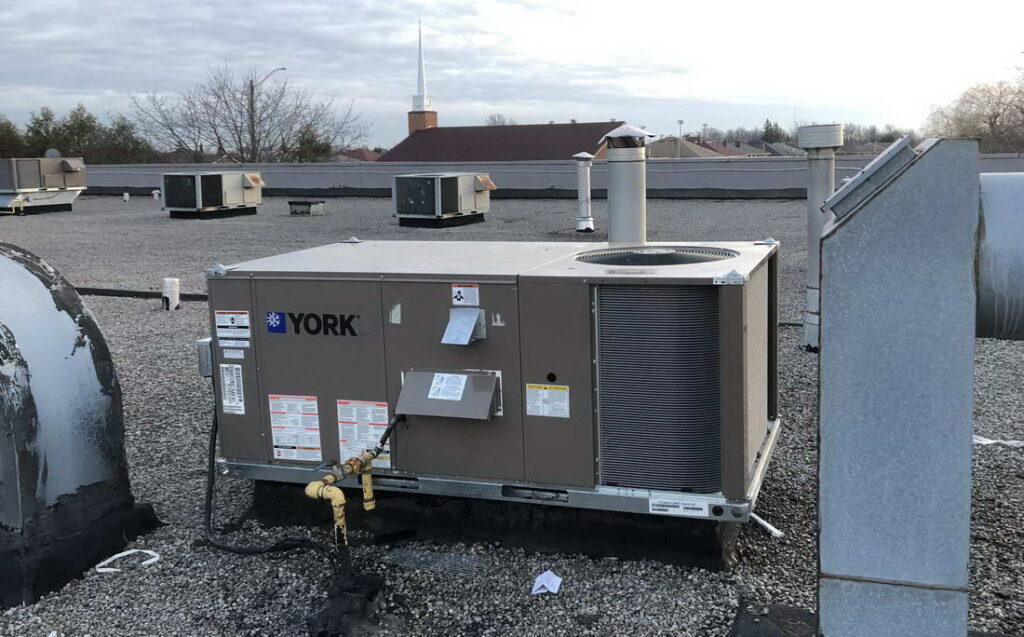
A heat pump is a component of a heating and cooling system that is placed outside. Heat pumps are an energy-efficient alternative to furnaces and air conditioners in regions with medium heating and cooling demands. Heat pumps like the ones used in your fridge use power to transfer heat from a cold place to a warm place, cooling the cold room and warming the warm room.
How Does a Heat Pump Work?
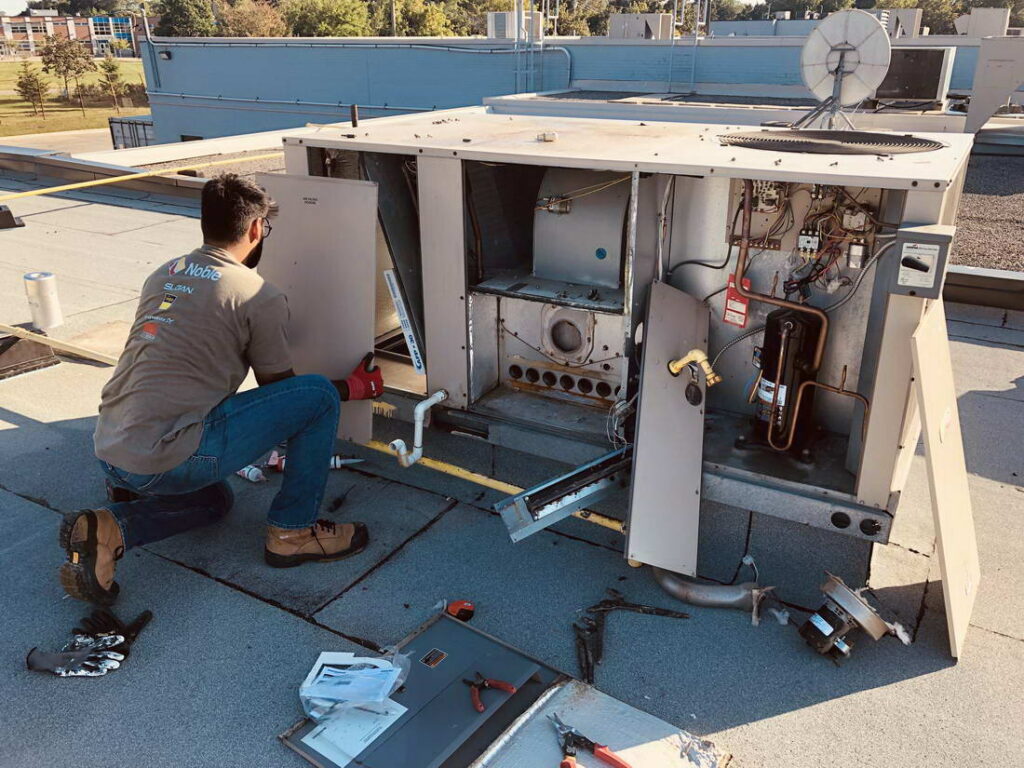
Heat pumps do not generate heat on their own. They employ a refrigerant that flows between the inside fan coil unit and the outside compressor to redistribute heat from the air (known as air to air heat pump) or ground. A heat pump gathers heat from within your house and releases it outside when it is in cooling mode. The heat pump takes heat from the ground or outside air (even cold air) and releases it within while in heating mode.
What Is the Benefit of Having a Heat Pump
In many respects, heat pumps are an excellent solution for your house. The following are some of the advantages of installing a heat pump.
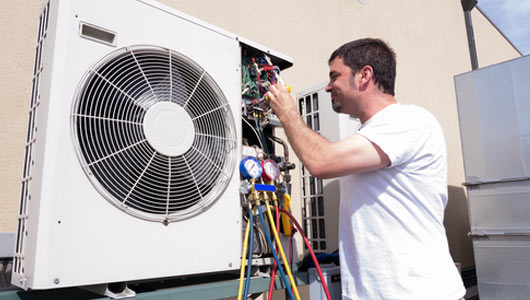
No Gas
Although a gas furnace is meant to generate heat more quickly than an electric furnace, it is susceptible to dangerous gas leaks that can result in fires or explosions. Investing in an electric heat pump, on the other hand, will assist in safeguarding your family from potential carbon monoxide poisoning and other health problems.
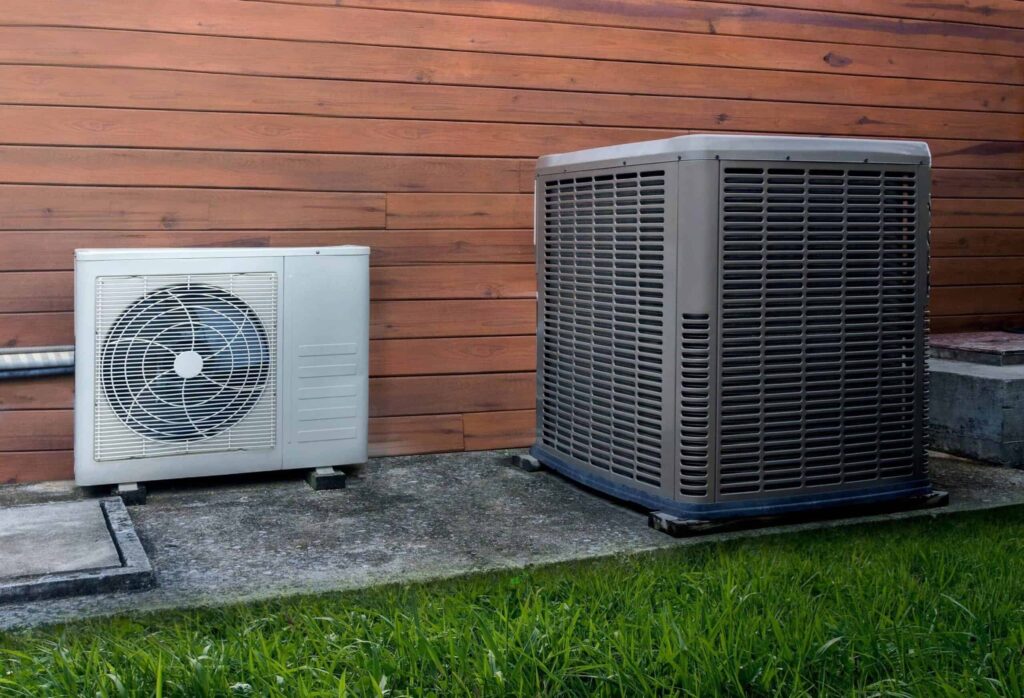
Less Noise
An advantage of choosing an electrical heat pump vs furnace or central air conditioner is that it is intended to make very little noise when it is functioning. If you’re searching for a solution to replace an outdated, loud air conditioner, a heat pump system can be a good option. While a heat pump system makes little noise when it’s running, it’s also designed to be energy efficient. When compared to other systems, heat pumps use less electricity.
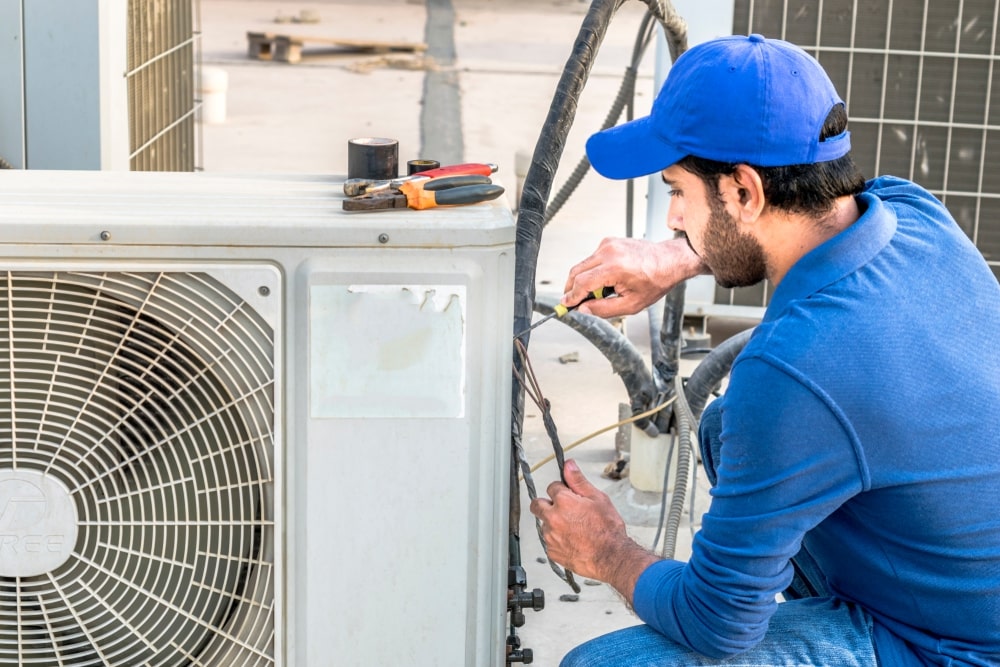
Efficiency
Because they do not rely on fossil fuels to create warm and cold air, electric heat pump systems are becoming increasingly popular. When compared to other systems, investing in an air-source heat pump has the advantage of using less power or fossil fuels. Investing in a heat pump will assist to minimize the number of greenhouse gases discharged into the atmosphere each year.
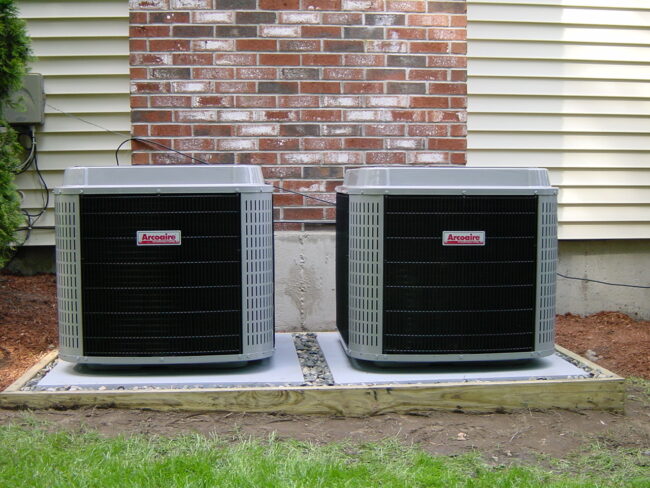
Produces Both Warm and Cool Air
It is expensive to maintain and install a separate heater and air conditioner. Furthermore, a central air conditioner consumes a significant amount of space on the side of your house or on your lawn.
Heat Pump Maintenance
Your heat pump should be serviced by a skilled technician at least once a year. The technician is capable of doing the following tasks:
- Check for debris and other blockages in the ducts, filters, blower, and indoor coil and conduct heat pump cleaning.
- Leaks in the ducts should be identified and sealed.
- Make sure there’s enough airflow by measuring it.
- Look for any leaks from the refrigerant.
- Examine the electric terminals and, if required, clean and tighten the connections, as well as apply a non – conductive coating.
- Check belts for wear and tightness, and lubricate motors.
- Check for proper electric control, ensuring that heating is turned off when the thermostat is set to cool and vice versa.
- Check that the thermostat is set to the right temperature.
What to Look for in a Heat Pump
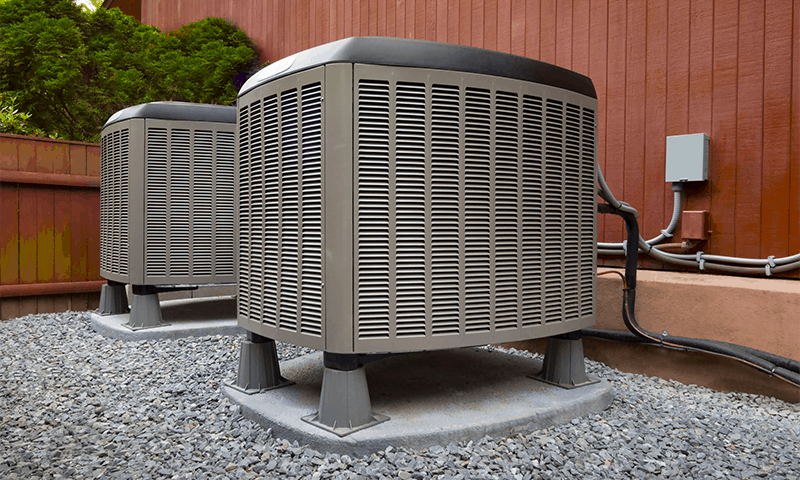
Wall-mounted ductless heat pumps are becoming increasingly popular, and they’re ideal for houses lacking ventilation ducts. Condo or house owners with electric baseboard heating who want to raise their comfort level while decreasing their energy expenditures would benefit the most from these systems. An external condensing unit and one inside air-handling unit make up a ductless system.
Additional features: Heat pumps with two-speed compressors can operate close to the heating or cooling capacity required at any given time. Indoor fans, outdoor fans, or both are supplied with variable-speed or dual-speed motors in some heat pump types. A desuperheater is a device that recovers waste heat from the heat pump’s cooling phase and utilizes it to heat water in many high-efficiency heat pumps.
How Much Does a Heat Pump Cost?
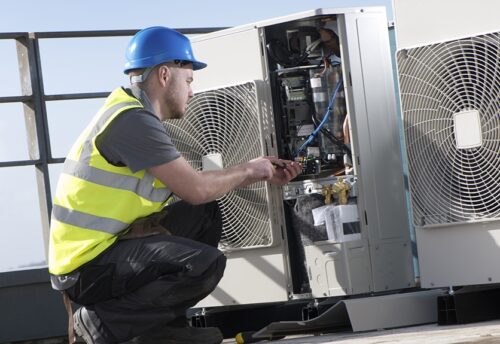
Depending on the size of your home, energy efficiency ratings, brand name, and kind of heat pump you install, a new heat pump might cost anywhere from $4000 to $8000.
Contact ThermEnergy today provides high-quality heating and cooling services to residents and businesses in the Greater Toronto Area (GTA).
